In this research brief from early 2019, the authors analyze the current legal frameworks for addressing Venezuelan migration in key receiving countries in Latin America. Given the likelihood of continued migratory flows, they highlight key areas for improvements to policies and processes. The brief is based on field research and high-level interviews conducted by the Migration Policy Institute in 2018 and serves as a backdrop for subsequent research on this topic.
Related Posts

This project led by Espacio Público encompassed a study of major corruption cases in four countries –
Argentina, Brazil, Chile, and Guatemala – to identify factors that enable effective administration of justice, as well as recommendations for each country and the region.
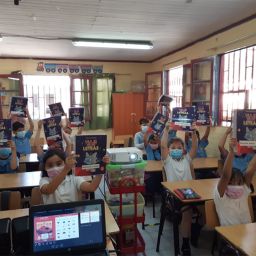
Loreto Iglesias tells us how the Fundación Educacional Crecer con Todos drew on their many years of experience to address school closings in Chile.

This post was first published in Philanthropy News Digest in July. (Photo by Kelli Tungay on Unsplash)

Dr. Francisco Zamora Arroyo, Director Senior de Programas, cuenta como la organización binacional Sonoran Institute ha respondido a los desafíos de la pandemia y fortalecido la capacidad de resiliencia de su equipo.
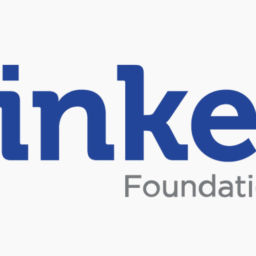
Tinker will operate one grantmaking cycle in 2025 and is accepting LOIs for the following programs: Democratic Governance, Education, and Sustainable Resource Management.

Most foundations in the United States do not accept unsolicited funding requests. Why does Tinker?
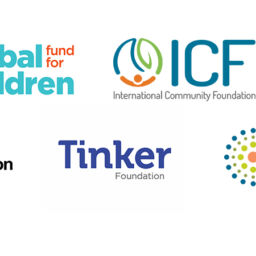
Tinker is pleased to announce its participation in RECARGA, a funder coalition to support public education systems in Central America as they rebound from the COVID-19 pandemic.
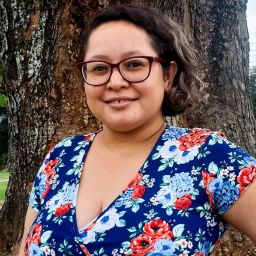
Hablamos con Dunia Perdomo, Coordinadora General de Proyectos en OYE, sobre su respuesta institucional frente a la pandemia y dos huracanes devastadoras en el 2020.
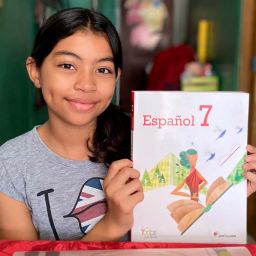
As we approach the third year of the pandemic, the Tinker Foundation announces funding to 12 organizations working to ensure equitable access to education.
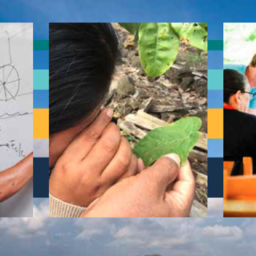
This document provides information on the origins, activities, philosophical underpinnings, and initial progress of the Education for Sustainability in Galapagos Program (ESG).
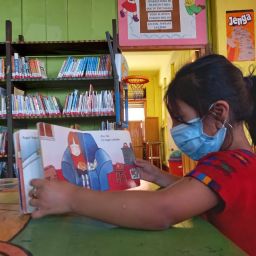
The Tinker Foundation announces 11 new grants that demonstrate its commitment to educational equity during the pandemic.
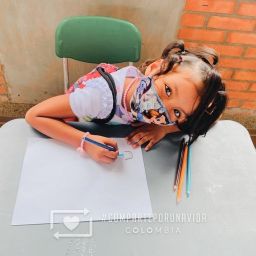
The Foundation will fund 11 organizations working to ensure educational equity during the pandemic.

The analysis underscores the need to establish formal pathways for fishing community participation in fisheries management and enforcement.
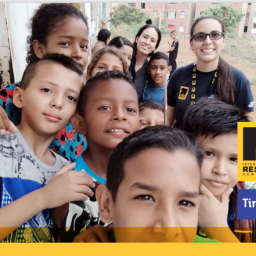
This first-of-its-kind study analyzes the academic and social-emotional learning status of Venezuelan and Colombian students in Colombian host communities.
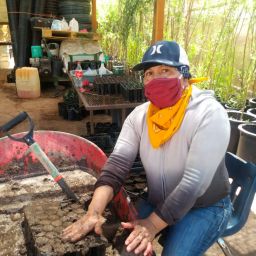
We asked three Tinker grantees – Organization for Youth Empowerment (OYE), the Sonoran
Institute in Mexico, and Women’s Justice Initiative – how they have responded to the pandemic.